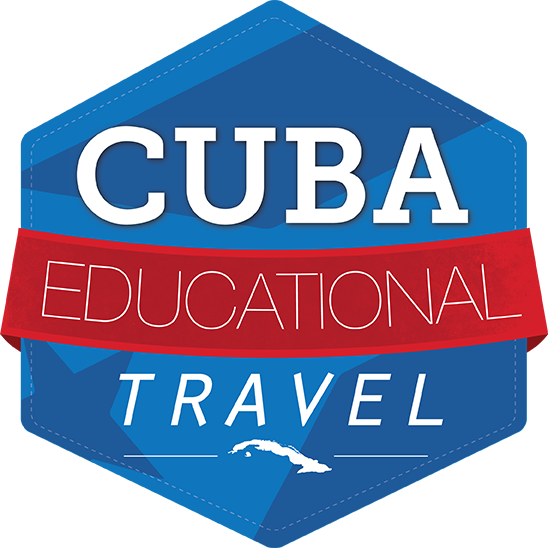Carlos Lazo, a Cuban & American Hero, Keeps up the Good Fight
Carlos Lazo made headlines in 2004 when he used his voice to oppose US policies that separated families. Born in Cuba, Lazo made the dangerous crossing of the Florida Straits in 1991 to offer himself and his family a better future. Floating in a raft, he was rescued 6 miles off the coast of Key West and brought ashore to start a new life. He had previously spent a year in prison in Cuba for a failed attempt to leave. His family remained in Cuba while he got settled, first in Miami and eventually in Seattle.
Wanting to give back to his new country, he joined the National Guard, where he was deployed to the Iraq War as a combat medic. Serving in Fallouja, he rushed torn and bloody young men to field hospitals and started those who had given their lives on their last, long voyage home. It was a dangerous and depressing task, but he felt proud to serve the United States. His escape: his two teenage sons in Havana, who he would hold in his arms the first chance he got.
Carlos Lazo pleading to see his sons in Cuba while serving in Iraq.
Lazo was shocked that his newfound freedoms as an American citizen were being stripped from him as the result of electoral politics. Fresh off 7 months of life-threatening and soul-crushing service in Iraq, he was stopped from boarding an airplane to Havana to see his family at the result of newly-enacted Bush Administration laws that limited Cuban-Americans to one 2-week visit to the island every three years. No ifs, ands or buts. War hero? No importa.
Lazo, a man who floated more than 90 miles on a raft, learned English and got higher ed degrees, dragged bodies and dodged bullets in war, was not about to sit idly. Shocked that anti-Castro politics could tear families apart and keep him from seeing his two teenage boys, Lazo went to Washington to march the halls of Congress, he made his case to the public with CNN’s Wolf Blitzer and he penned an op-ed in the LA Times. He became the leading voice (and face) of highlighting the inhumane travel policy crushing Cuban dreams and family relations.
Lazo’s work brought the cruel and senseless policy out in the open. It was the hard work and compassionate pleas of folks like him that helped create support for making the cold-war approach of trying to hurt the enemy at all costs a thing of the past. Years later President Obama reversed the restrictions, allowing Cubans to travel as often and for as long as they want.
There is still much work to do, says Lazo, and he believes it starts with the youth and at the community level. This Spring Lazo brought down over thirty Seattle high school students to Cuba with CET, visiting and exchanging with communities in Havana and Viñales. The students stayed at casa particulares and shared meals with their hosts while they learned about Cuban daily life. They took dance lessons, visited museums, learned about the libreta, toured the city and met with Cuban artists, architects and economists. They even had a private concert with female rap duo La Reyna y Real in Havana.
Carlos Lazo's class visiting the Plaza de Armas in Havana.
"My goal is teaching students not just Spanish grammar or Spanish culture, but also about life," Lazo told Seattle’s K5 News.
About their trip to Cuba, Lazo commented: “This was an invasion of love," he said. "Friendship, compassion and love can never be defeated. That's what I want them to learn."
More group shots in Old Havana.
Most recently, you’ll see Lazo’s students have gone viral for their rendition of the Cuban band Orisha’s song Cuba Isla Bella. In under 24 hours, the video has racked up over two hundred thousand views. Check it out below.




